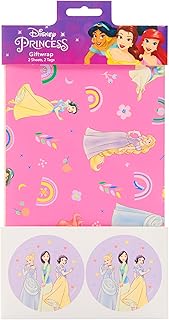Children’s fascination with gift wrap and packaging paper often surpasses their excitement over the actual presents they receive. Parents witness this phenomenon on holidays and special occasions when their children overlook expensive toys in favor of playing with discarded wrapping paper and boxes. While adults may find this behavior puzzling, it is a vital aspect of children’s play and learning.
From a psychological perspective, young children engage in play to fuel their learning and understanding of the world. Neuroscientific research highlights the critical role of the first three years of a child’s life in brain development, emphasizing the significance of early experiences on cognitive growth. By exploring objects like boxes and paper, children stimulate their sensory and physical senses, fostering curiosity and aiding in language, mathematical, and social development.
In today’s structured society, the value of unstructured play is often underestimated. Children’s physical interactions with their surroundings are essential for brain development. Activities like twirling, jumping, and manipulating objects contribute to their self-discovery and comprehension of the environment. Through sensory exploration of wrapping paper and boxes, children lay the groundwork for cognitive development, enhancing their understanding of concepts like capacity and space.
Encouraging children to engage in self-directed play with everyday items promotes creativity and critical thinking. Rather than solely relying on store-bought toys, allowing children to make their own discoveries aids in their cognitive growth and understanding of the world. By letting children immerse themselves in the joy of playing with wrapping paper, parents nurture their innate curiosity, creativity, and learning abilities.
By embracing the simple pleasure of playing with packaging materials, children not only enjoy themselves but also strengthen the neural pathways crucial for future learning. This type of play fosters a desire for exploration and discovery, laying a solid foundation for children’s intellectual and emotional development. Ultimately, the gift of play and self-discovery may be the most valuable present parents can offer their children.
📰 Related Articles
- Why Paraplanners Prefer Long-Term Career Growth Over Advisory Roles
- Winners Revealed: Innovations in Sustainable Packaging Design
- Customers Prefer Human Interaction Over AI in Customer Service
- Concerns Grow Over Rising Anti-Psychotic Use in Australian Children
- £2M Home Owners Win Legal Battle Over Football Nuisance






